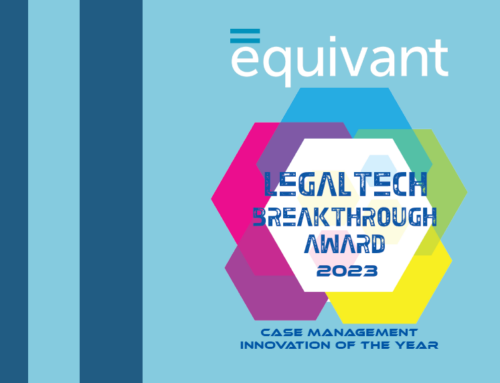The Problems with Data

Data drives everything, from the funding your agency receives to the case-by-case decisions your team makes every day. It’s critical to evidence-based practice, and it’s essential for your agency’s operations. But it’s flawed. And that’s a problem.
Data quality is difficult to ensure. Data sharing is a challenge because not all agencies in your state or jurisdiction are collecting and labeling data the same way. Data gets out-of-date quickly in the justice system, and not all systems and exchanges are updating in real time. Processes aren’t always in place for regularly analyzing data to look for patterns, discrepancies, missing pieces, equity issues, etc. Even when discrepancies are found, there isn’t always a good way to rectify them. The list goes on.
So, what can we do about it? Longer-term, Measures for Justice proposes three things that are necessary for lasting change1:
- Community engagement and buy-in.
- A data culture supported by good infrastructure.
- Data that captures everything people need to assess where and how the system can be improved to ensure equity, efficiency, and safety.
As your jurisdiction works toward long-term solutions, what are your options in the near term?
- Get the right technology, and use it. Your applications can help. Your CMS can reduce the potential to introduce errors during data input, flag impossible or illogical situations based on your business rules, and alert you to missing or “orphaned” data.
- Focus on your exchanges. Security is the most important factor in choosing a data exchange system, but accuracy, efficiency, and use of open standards are also critical. No matter what system another agency is using or how they’re collecting, storing, and naming their data, you should be able to send and receive information flawlessly without human intervention or translation.
- Value the visuals. Don’t underestimate the importance of being able to represent your data visually. The decision-makers on your team need to be able to see several different pieces of information at once, and they need to be able to digest what they’re seeing quickly. Visually efficient dashboards and data that are intentionally organized to be easily consumable can help reduce errors and highlight problem areas in your data.
- Build relationships. Trust is essential to effective data-sharing, especially among agencies in your jurisdiction. Collaborating to create standards or forming a criminal justice coordinating council (CJCC) in your jurisdiction can help build the trust you need to share critical data freely.
None of these are easy fixes, and none of them will instantly solve your data woes. But, using the right technology solutions in the short term and working on your community engagement and data culture in the long term can start to move your agency in the right direction.
When you’re ready, we’re here. Our team of experts can help you with your case management system, your data exchanges, and more. Give us a call today to get started.
- Measures for Justice, June 2021





